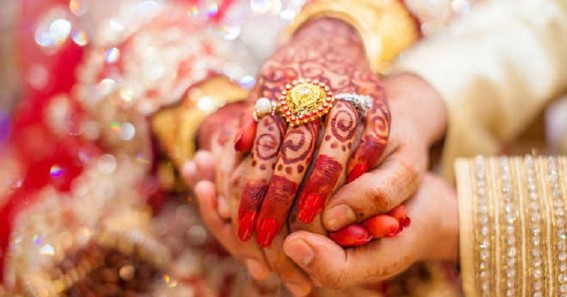Widowhood is a significant life transition that occurs when a woman loses her husband due to death. It is a deeply emotional and challenging period, marked by grief, mourning, and adjustments to a new life without a spouse. For some widows, the idea of entering into a new marriage may arise, presenting a complex and personal decision that requires careful understanding and consideration. This article aims to explore the concept of widowhood and marriage, shedding light on its various aspects.
Cultural and Social Perspectives on Widow Marriage
Cultural and social perspectives play a significant role in shaping attitudes towards widow marriage. Different societies and cultures have varied traditions, norms, and expectations regarding widowhood and remarriage. Some cultures may view widow marriage as a means of providing support and stability to widows, while others may hold different beliefs and practices. It is crucial to recognize and respect the diversity of cultural and social perspectives surrounding widow remarriage.
Balancing Remembrance and Moving Forward in Widow Marriage
Widow marriage raises questions about how to honor the memory of the deceased spouse while embracing a new relationship. Finding a balance between remembrance and moving forward is a deeply personal and sensitive process. Open communication and mutual respect between the widow, her new partner, and any children from previous relationships can help navigate this delicate balance.
Widow marriage can elicit a range of reactions from family members, friends, and the broader community. Some may be supportive, while others may hold reservations or offer unsolicited opinions. Navigating these reactions requires open communication, empathy, and a shared understanding of the widow’s autonomy in making decisions about her life and future.
Building a New Life and Future Together: Challenges and Opportunities in Widow Marriage
Widow marriage presents both challenges and opportunities for building a new life and future together. It involves blending families, managing expectations, adjusting to new roles, and overcoming societal norms and preconceptions. With the right support, understanding, and commitment, widow marriage can offer a chance at companionship, love, and the creation of a fulfilling and meaningful partnership.
Conclusion:
Understanding widowhood and marriage requires a compassionate and nuanced approach. It involves recognizing the unique experiences and challenges faced by widows, respecting cultural and social perspectives, considering legal and financial aspects, and nurturing open and effective communication. By comprehending the complexities of widowhood and marriage, we can foster a supportive and inclusive environment that empowers widows to make informed decisions about their future and embrace new opportunities for love and companionship.
Click Here –What Is Weekly Market?
Royal matrimony, while distinct in its own right, can offer insights into understanding widowhood and marriage. The experiences of widowed royal figures and their decisions regarding remarriage can shed light on the complexities of navigating grief, societal expectations, and personal desires. Royal matrimony is a matrimonial site that showcases the interplay between tradition, duty, and personal happiness, providing a lens through which we can explore the role of widowhood in monarchies and the broader implications for widow marriage. By examining royal examples, we can gain a deeper understanding of the intricacies involved in widowhood and marriage across different contexts and cultures.



